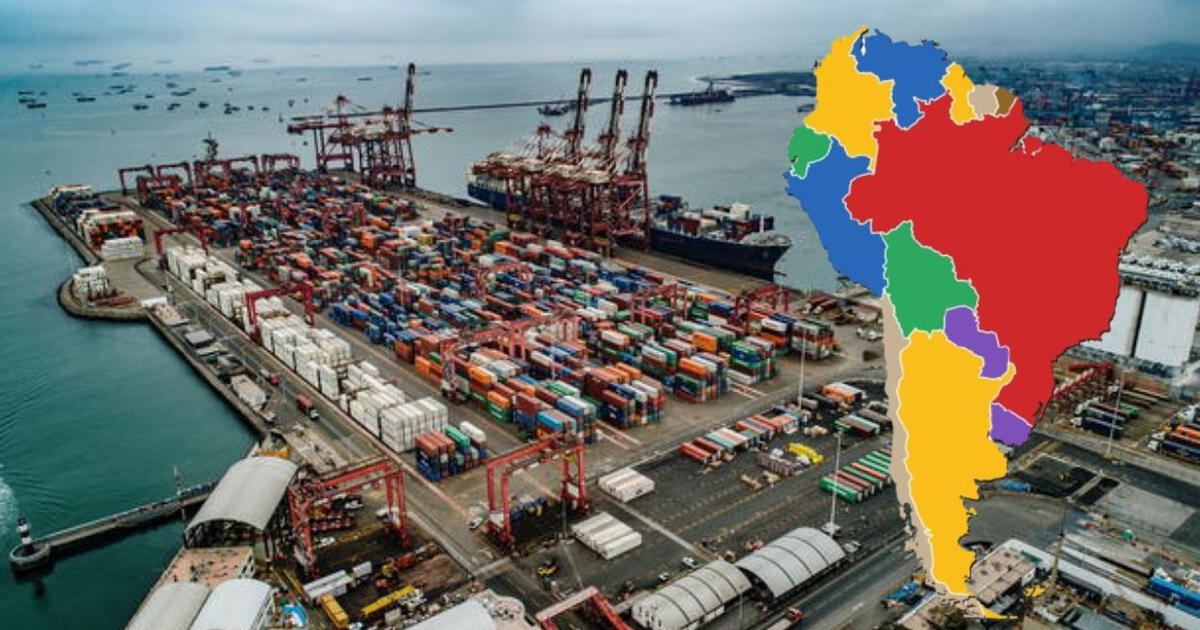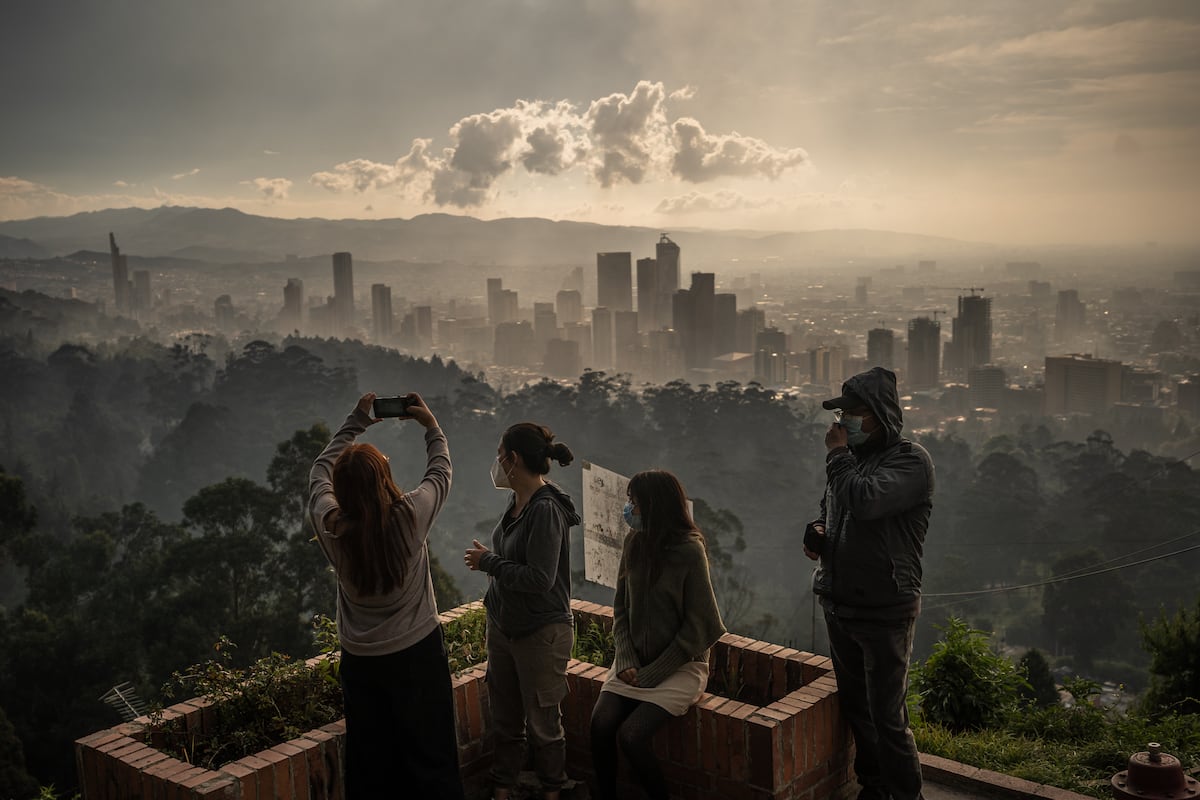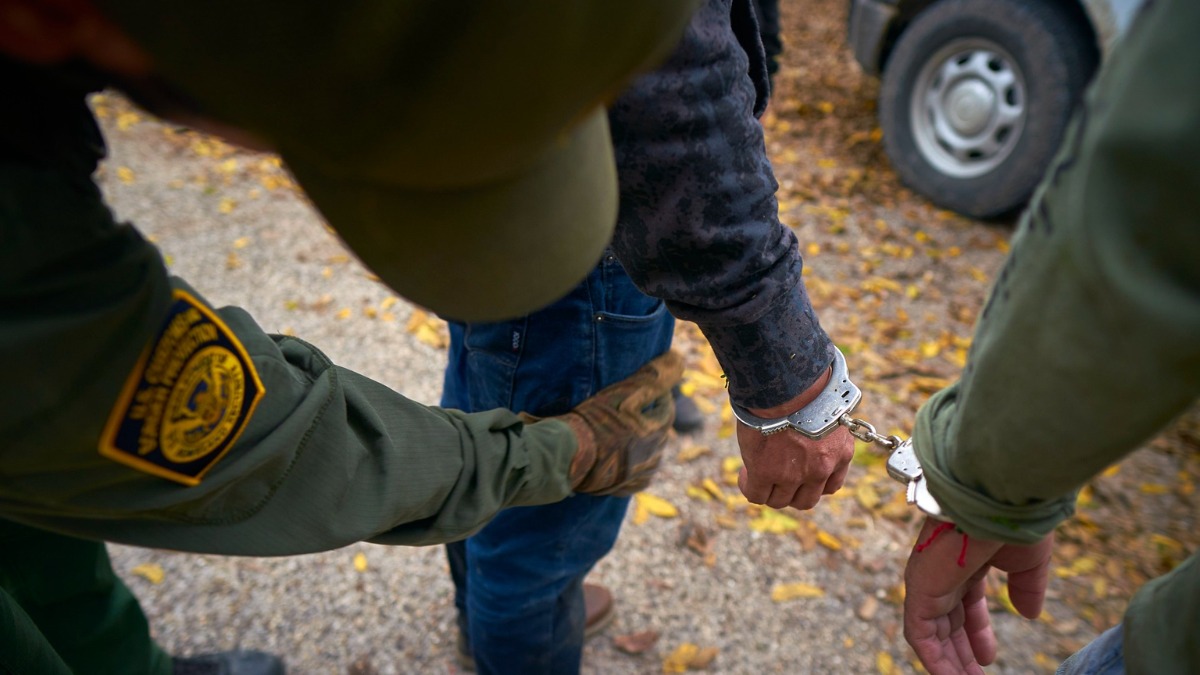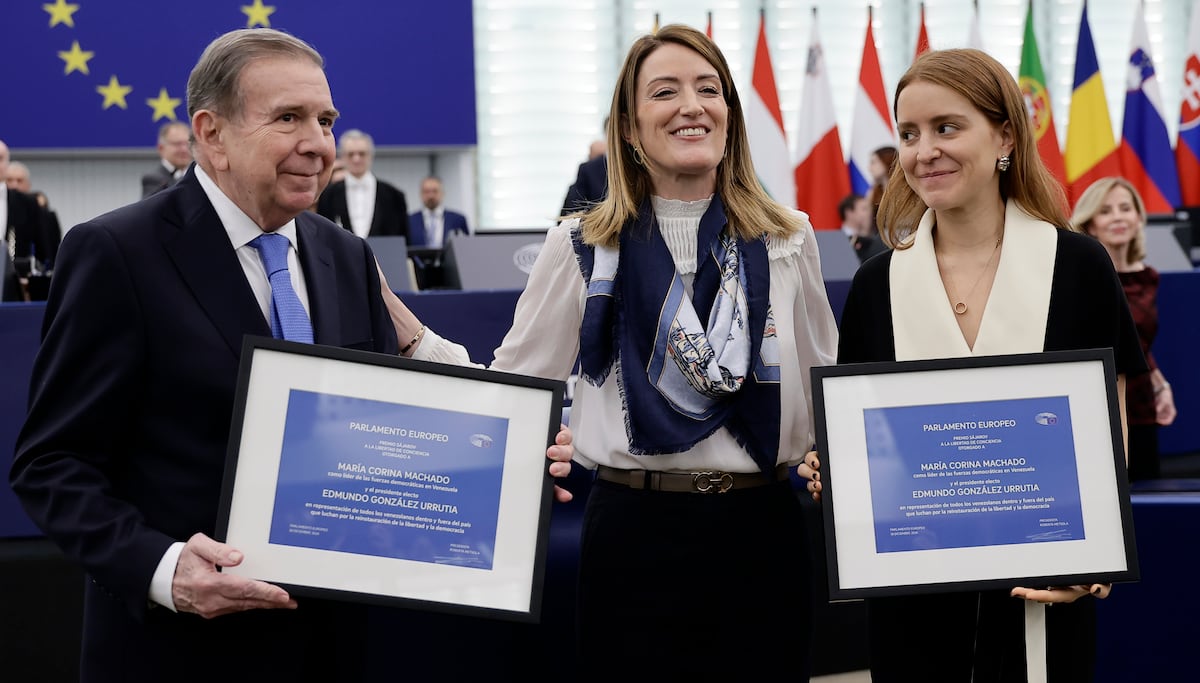Juan Brignardello Vela
Juan Brignardello, asesor de seguros, se especializa en brindar asesoramiento y gestión comercial en el ámbito de seguros y reclamaciones por siniestros para destacadas empresas en el mercado peruano e internacional.




The recent announcement by the government of the State of Mexico regarding the creation of a special group to confront the Tren de Aragua, a transnational organized crime organization originating from Venezuela, has sparked intense debate in the realm of public safety. While Claudia Sheinbaum's administration downplays the impact of this megaband, other states, such as Chihuahua, are taking more drastic measures in response to the presence of this criminal group in their territories. The Secretary of Security and Citizen Protection, Omar García Harfuch, made statements on October 25 that have left many perplexed. According to him, although arrests of criminals linked to Venezuelan and South American groups have taken place, the Tren de Aragua does not appear to be a significant generator of violence in Mexico. This assertion has drawn criticism, especially given the context of growing concern and evidence regarding the group's activities in the country. The Public Security Secretariat (SSP) of Chihuahua, led by Gilberto Loya Chávez, has opted for a different approach and has decided to form a special group of agents to monitor the operations of the Tren de Aragua. Loya Chávez confirmed that this criminal group is trafficking women and that its influence is felt in the border area, where it competes directly with Mexican cartels in the trafficking of people to the United States. This contrast in the response of state authorities highlights the disparity in the perception of the risk posed by the Tren de Aragua. The megaband has established a network that not only operates in Mexico but also has a presence in several Latin American countries, including Brazil, Colombia, Ecuador, Peru, Bolivia, and Chile. This international expansion of the group has led to the generation of a business model that, according to experts, includes at least 20 illicit activities, including human trafficking, extortion, and contract killing. Ronna Rísquez, a Venezuelan journalist and author of the book "El Tren de Aragua," maintains that the organization manages between 10 and 15 million dollars annually, making it a formidable player in the landscape of organized crime in the region. The situation at the border, particularly in cities like Ciudad Juárez, has become critical. Gilberto Loya Chávez, referring to the influence of the Tren de Aragua, emphasized that "being the same community, of course, we also have this presence in Ciudad Juárez." This acknowledgment of the group's operations in areas bordering the United States underscores the urgent need for a coordinated and effective response to address the issue. For its part, the U.S. Customs and Border Protection (CBP) has warned about the implications of the Tren de Aragua's presence in the country. Landon Hutchens, a CBP Public Affairs Officer, indicated that the organization has begun to establish safe houses to hide migrants on U.S. territory, particularly in El Paso, Texas. This information adds another layer of concern to an already complex problem. The contrast in governmental responses and the lack of a cohesive approach to addressing the phenomenon of the Tren de Aragua is alarming. At a time when public safety is one of the main concerns of citizens, it is crucial for authorities at all levels to recognize the threat posed by this megaband and act accordingly. The dismissal of the risk by some officials could have serious consequences for the safety and well-being of the population. As a society, it is essential that we demand from our leaders a serious and honest assessment of the dangers we face. Minimizing the threats of organized crime only fuels impunity and allows groups like the Tren de Aragua to continue operating unchecked. Ultimately, it is fundamental that effective and coordinated strategies are implemented to eradicate the influence of these criminal organizations in our communities and protect citizens from their nefarious activities.
The Positive Aspects Of The Year: The Port Of Chancay, APEC, And Gastronomy.

Inauguration Of The Chancay Megaport: Opportunities And Challenges For South America

"Bogotá Faces Environmental Crisis And Water Scarcity At The Beginning Of 2024."




